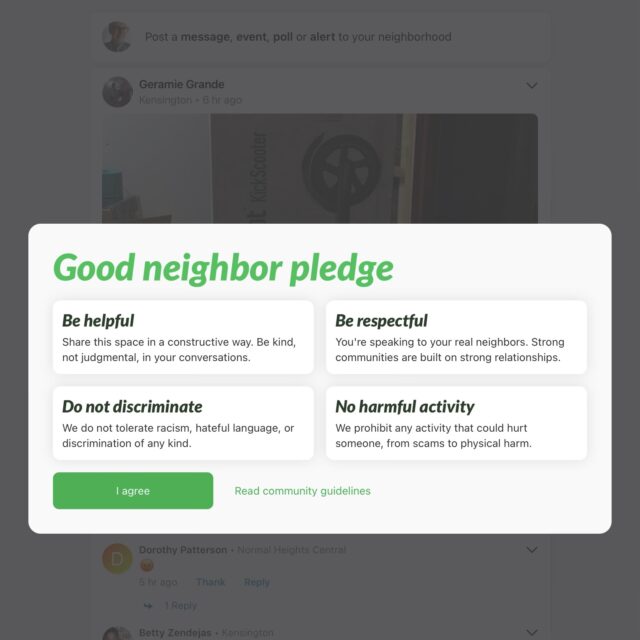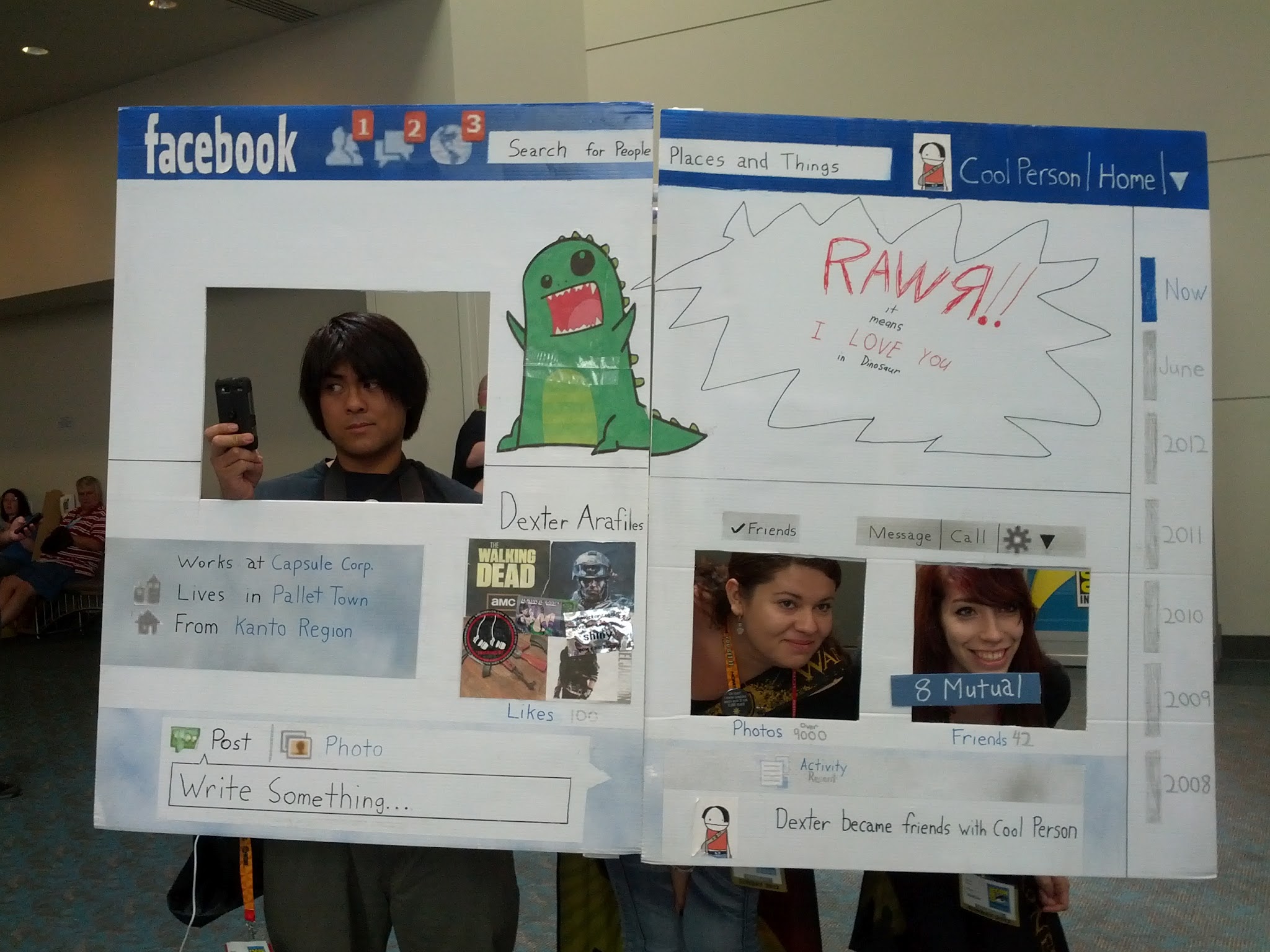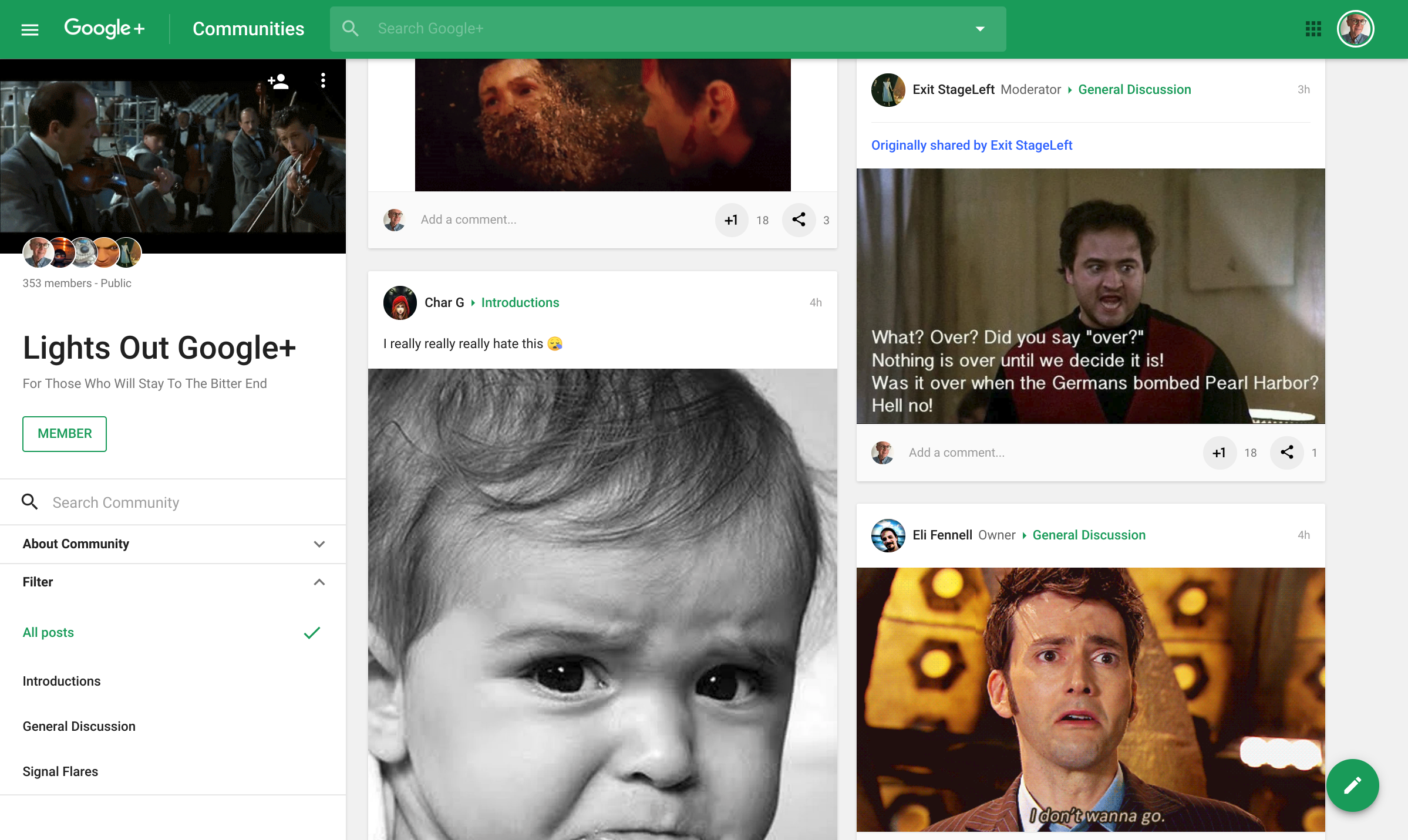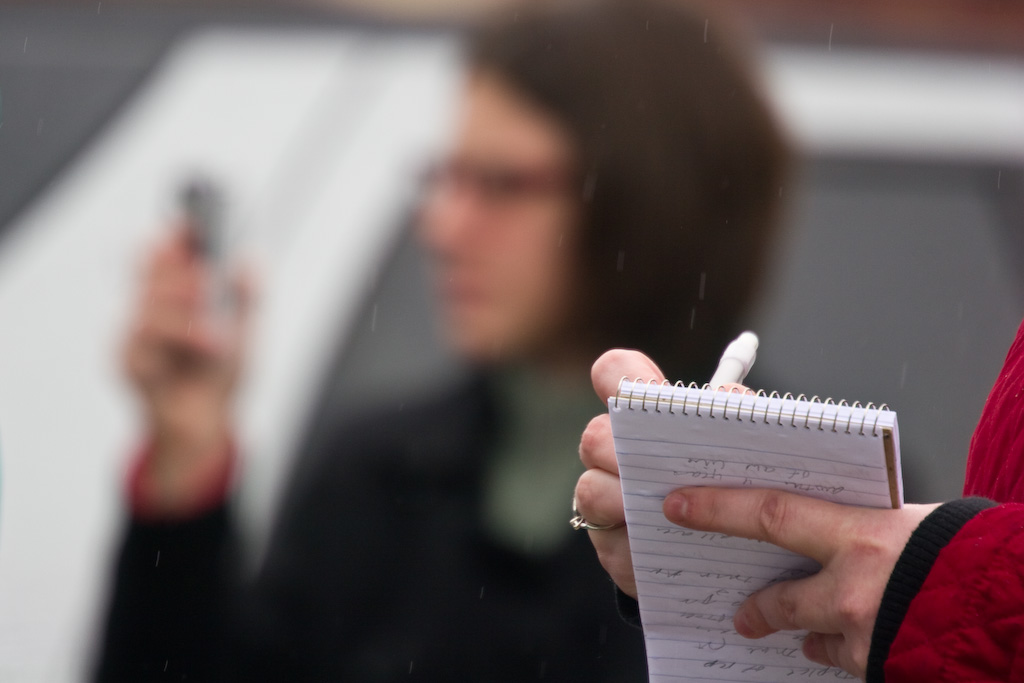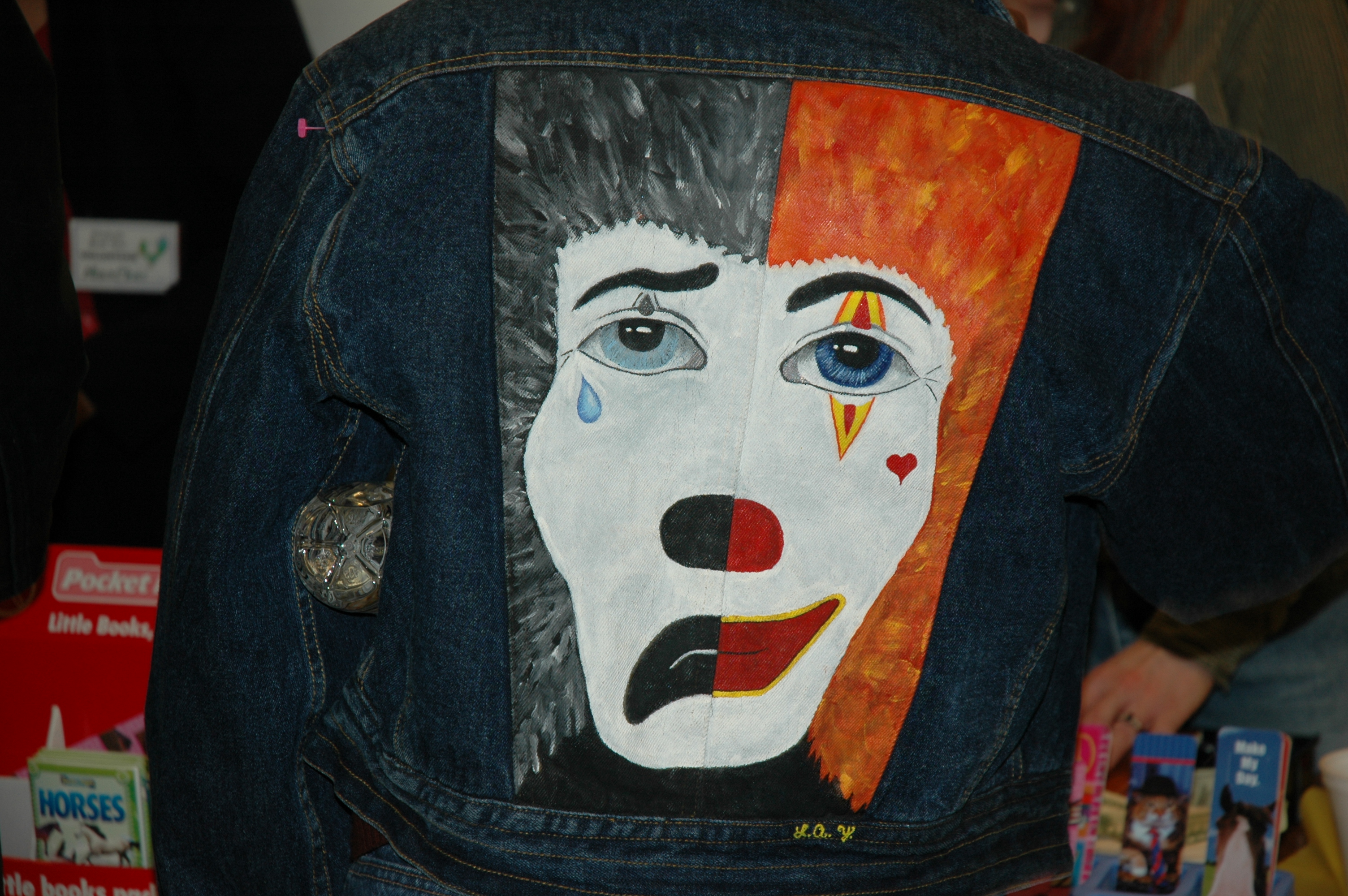For the third time since joining the so-called neighborhood social network in August 2017, I write about leaving. Previously: October 2018 and July 2019. Pandemic, pets (lost ones), police, politics, and protests were all good reasons to make 2020 a grand return. Every week passes like a lifetime this year. Many of us are confined to our residences or street, because of “shelter-in-place” and “social-distancing” orders; fear of SARS-CoV-2 (severe acute respiratory syndrome Coronavirus 2)—also known as COVID-19—infection; work-from-home requirements; job loss; or school closures. Nextdoor was a way to connect and to stay informed.
But, today, I unceremoniously deactivated my account, once more, because the mandatory “Good Neighbor Pledge” offends me. The thing popped up when I opened the News Feed—first time, this morning. To read, or do anything else, means acknowledging “I agree”. I don’t.
